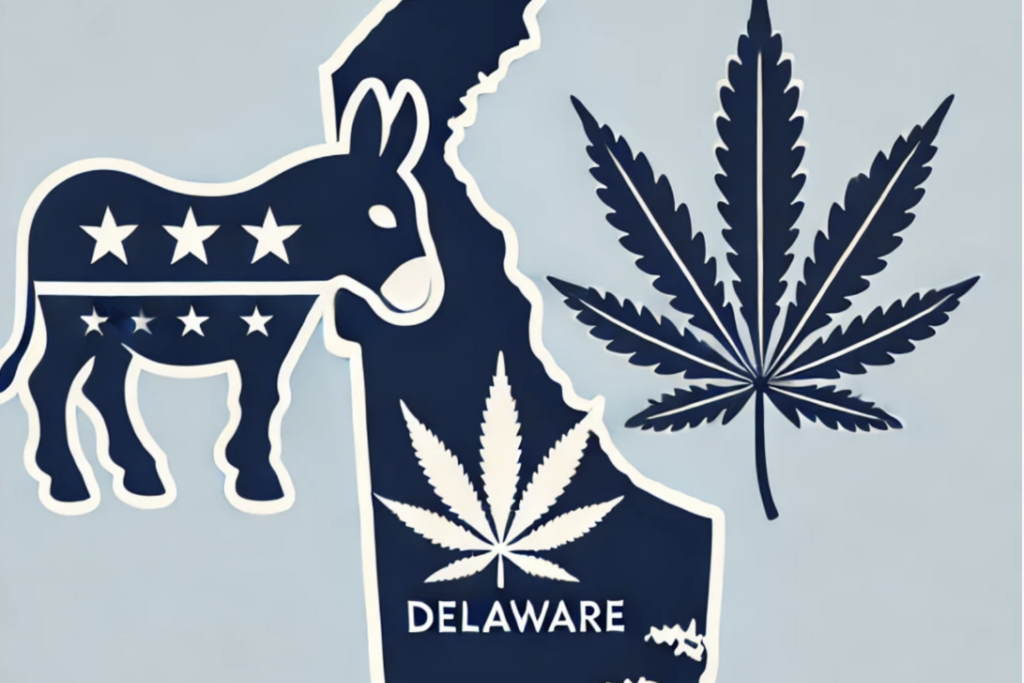Delaware law provides a 10-day period for the governor to sign a bill into law, excluding Sundays. If Carney does not sign or veto the bill within this period, it will automatically become law. Since the bill passed on June 27, the deadline for Carney’s decision is July 8.
The problem is that Carney has historically opposed legalization of recreational marijuana. In previous statements, he’s expressed concerns about the impact on children, road safety and disadvantaged neighborhoods. Despite his opposition, Carney allowed House Bills 1 and 2 to become law without his signature, emphasizing the need to move past the debate and focus on other pressing issues facing Delawareans. So, in all probability, he might just do the same in this opportunity.
The new law expedites the process of launching adult-use cannabis sales through existing medical marijuana dispensaries. While Delaware’s adult-use sales are not expected to begin until after March 2025, this measure allows medical dispensaries to start recreational sales sooner with a temporary conversion license.
At the moment, the medical marijuana program in Delaware remains the only route for regulated cannabis access. Medical cannabis sales are not taxed, though adult-use sales will be subject to a 15% levy. Also the medical program was expanded during the current administration.
H/T: www.benzinga.com



